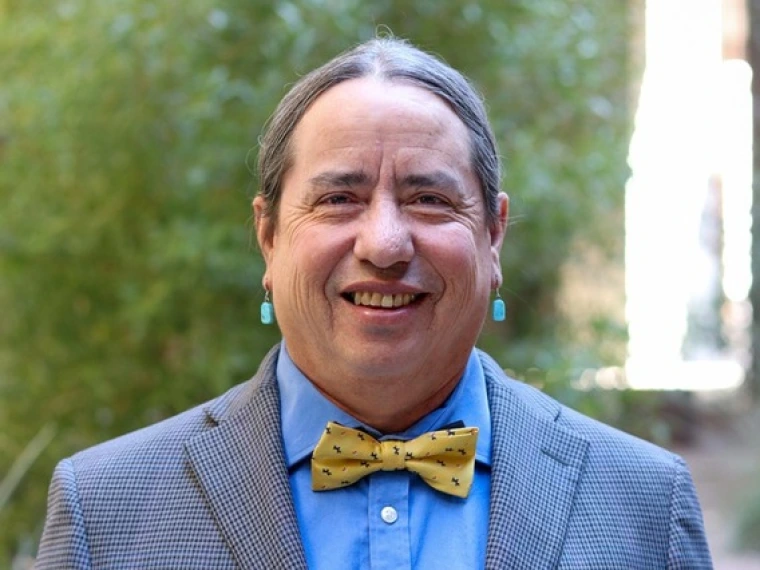Indigenous Values Offer a Solution for Biodiversity Loss
A 2020 report by the World Economic Forum indicated that more than half of the world’s Gross Domestic Product depends on natural resources and biodiversity. And despite the Indigenous territories’ high rates of species and plant biodiversity, Indigenous people remain generally invisible in the global conversation regarding what to do about it. Can Western science make room for traditional ecological knowledge? What equitable solutions might we come up with if it did?
Michael Kotutwa Johnson is an Assistant Professor of Indigenous Resilience at the University of Arizona’s School of Natural Resources and the Environment, Cooperative Extension, and the Indigenous Resilience Center. His research focuses on Indigenous Traditional Ecological Knowledge and Land Use Management schemes related to food, energy, conservation, and water. He is a member of the Hopi Tribe. Most importantly, Dr. Johnson remains a traditional Hopi dryland farming practitioner and continues to give talks on the subject. He has several academic publications and is featured in many stories, podcasts, and social media about his work. He recently started the Fred Aptvi Foundation, focusing on growing traditional Hopi crops, establishing a seed bank, and developing a Hopi youth agriculture program that includes the Hopi language.


